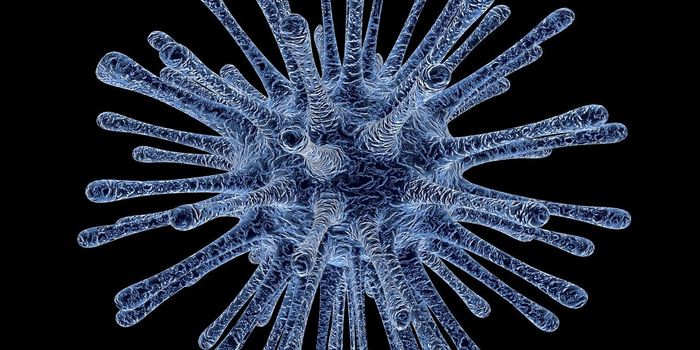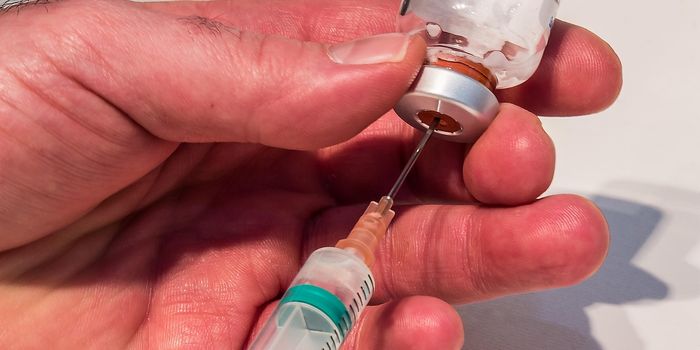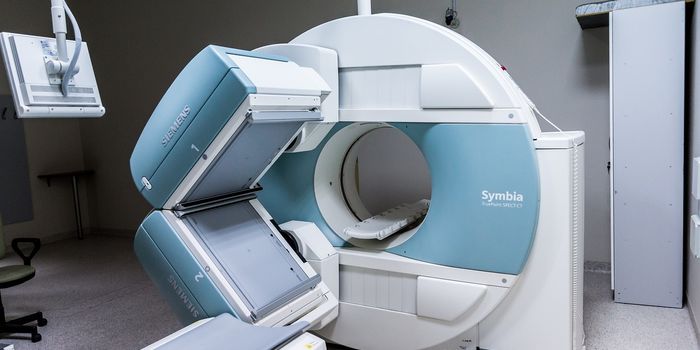Study Identifies a New Target for Cancer Immunotherapy
Immunotherapy, cancer treatments that alter the immune system, making it better apt to fight tumor cells, have provided novel and efficacious therapeutic options for patients with advanced, difficult-to-treat malignancies. Many immune-based therapies work to boost immune mediators within the tumor microenvironment, and others can prime immune cells circulating through the body.
A groundbreaking study published in Cancer Cell brings us closer to achieving the best of both worlds. The novel data describing this comprehensive study suggests that we can achieve better efficacy with an immunotherapy that optimizes the immune response both inside the tumor (intratumoral immunity) and throughout the rest of the body (systemic immunity).
The researchers identified an enzyme (P4HA1) that is pivotal in directing immunotherapy effectiveness. P4HA1 regulates the differentiation of CD8+ T cells, a vital immune cell subset needed for finding and killing cancer. The study found that P4HA1 significantly upregulated the tumor-draining lymph nodes (TDLN), the lymph nodes located directly downstream of a tumor where immune cells, and sometimes cancer cells, drain out of the tumor.
Further, the researchers found P4HA1 accumulating in “exhausted” CD8+ T cells. As the name suggests, the term “exhausted” in this context refers to a state at which CD8+ T cells can no longer function effectively due to prolonged exposure to foreign proteins that stimulate the immune system. Common in cancer due to the increase of (foreign) cancer cells in the body, exhaustion indicates that the immune system cannot perform optimally and often leads to disease progression.
The researchers found that inhibiting P4HA1 with a small molecule drug minimized exhaustion in the CD8+ T cells in the tumor, the TDLN, and the blood. Further, this led to long-lasting anti-cancer immunity in which tumors shrunk. Targeting P4HA1 also protects from cancer recurrence.
The authors believe that manipulation of P4HA1 prevents “immune escape,” a process by which tumor cells evade the immune system's surveillance and continue to grow. The ability to augment both intratumoral and systemic immunity provides a highly novel, and much desired, outcome from an immune-based therapeutic approach.
Sources: Cancer Cell, J Immunother Cancer, Nature Immunol, Int Immunopharmacol









